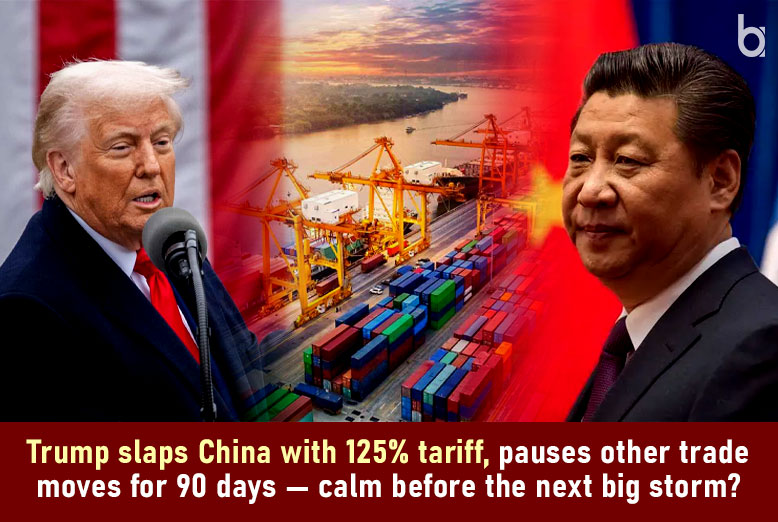Have you ever heard of a unicorn startup? Unicorns is a privately held companies valued at over $1 billion. While unicorn startups are a rare breed, they are not uncommon in India. Surprisingly, as of May 31, 2023, India boasts 108 unicorns, collectively valued at $340.80 billion. These unicorn businesses in India are catalysts for innovation and economic growth. They are actively disrupting traditional industries, attracting investments, and generating employment opportunities. Moreover, they are spearheading new business concepts and technological advancements that will profoundly influence the future of the Indian economy. If you’re curious about the top seven unicorn startups in India, this blog is just for you. Let’s delve into it!
1. PhonePe
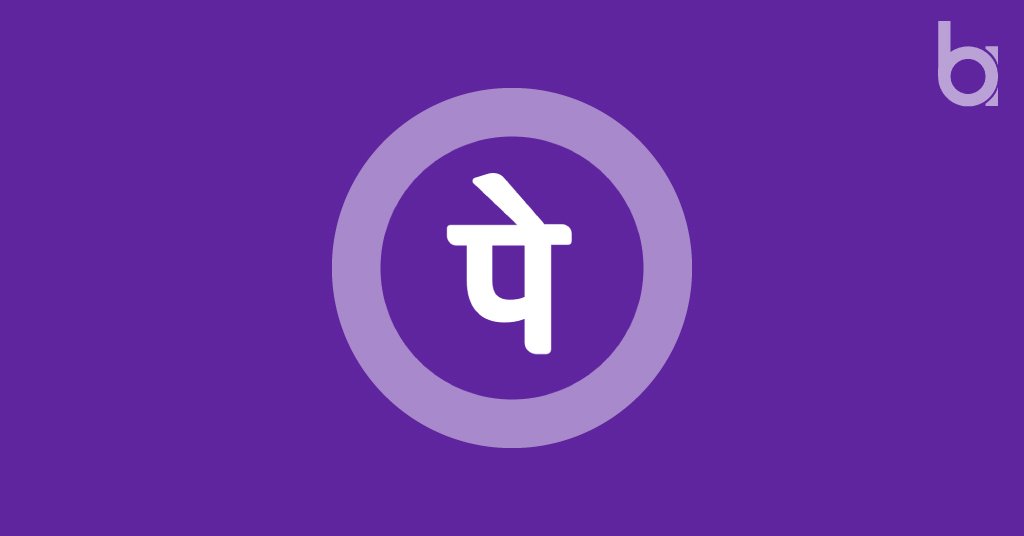
- Founder: Sameer Nigam. Rahul Chari, and Burzin Engineer
- Foundation Year: 2015
- Headquarters: Bangalore
- Market Value: $12 Billion
PhonePe, an Indian digital payments and financial services company, stands as one of India’s most popular unicorn startups. It simplifies payments, recharges, and investments via smartphones. With over 250 million registered users and more than 500 million downloads to date, this app has firmly established itself as a significant player in the industry. Expanding its footprint globally, PhonePe now operates in five countries, which include the UAE, Singapore, Nepal, Bhutan, and Mauritius.
Operating on the National Payments Corporation of India’s (NPCI) Unified Payments Interface (UPI), a real-time payment system, PhonePe empowers users to make instant money transfers between bank accounts through their mobile phones. To utilize PhonePe, users must first create a UPI ID by linking the app to their bank accounts. Once the UPI ID is set up, users can initiate payments to other UPI users by entering their cellphone number or UPI ID.
Founded with the objective of streamlining transactions and improving financial accessibility, PhonePe was acquired by Flipkart in 2016, marking a pivotal moment in the digital payments landscape. By harnessing the potential of UPI, PhonePe established itself as a trusted player in the digital payment industry, offering secure, convenient, and swift transactions. Through unwavering commitment to innovation, it has grown into a leading fintech brand with millions of users in India. In December 2022, PhonePe gained independence from Flipkart, initiating its distinctive growth trajectory. Today, PhonePe has revolutionized digital transactions in India, empowering users to embrace the convenience of digital payments.
2. Razorpay
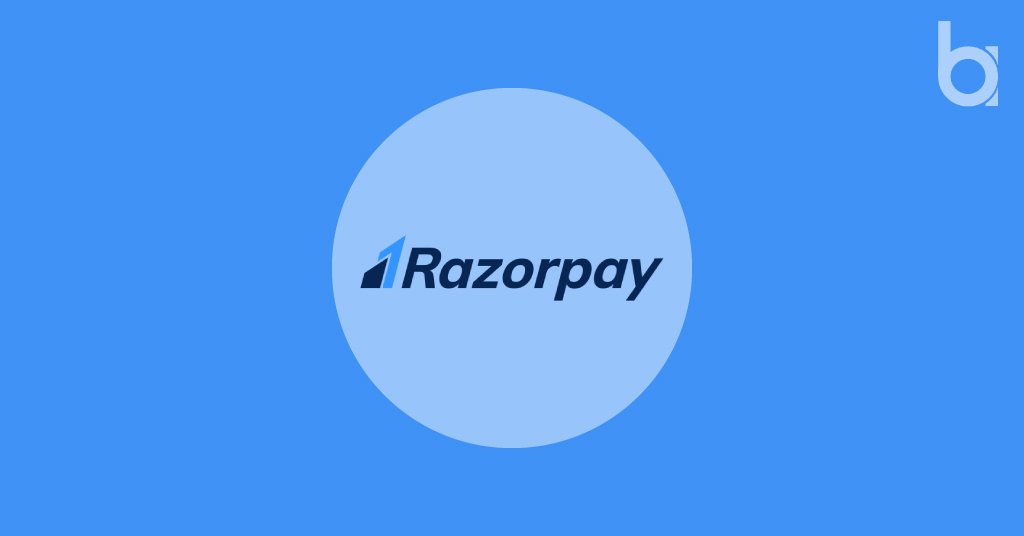
- Founder: Harshil Mathur, and Shashank Kumar
- Foundation Year: 2013
- Headquarters: Bangalore
- Market Value: $7.5 Billion
Razorpay functions as an online payment gateway, enabling businesses to accept payments through various methods, including credit and debit cards, net banking, UPI, and mobile wallets. Moreover, Razorpay provides businesses with essential tools, such as payouts, recurring payments, and fraud detection, to streamline their transaction management. Notably, the company has established a strong presence in India, accumulating over 5 million users in 2023, with the app boasting more than 1 million downloads to date.
To begin, businesses can easily register for a Razorpay account and seamlessly integrate its payment gateway into their applications or websites. When a customer initiates a purchase on the company’s platform, they are smoothly redirected to the Razorpay checkout page. Here, customers are prompted to enter their payment information, finalizing the transaction. Subsequently, once the payment is processed, the funds are securely transferred to the company’s bank account through the Razorpay system.
The inception of this startup can be traced back to the co-founders’ recognition of the challenges associated with online payments in India, particularly the limitations imposed by US-based systems due to the limited usage of credit cards. Fueled by this realization and encouraged by positive market feedback, they committed to developing Razorpay full-time. Their entrepreneurial journey began during Y Combinator’s winter batch in Jaipur in 2015. It’s worth noting that both co-founders took the bold step of leaving their jobs, with support from Startup Oasis in Jaipur to fuel their venture. Today, Razorpay stands as the second Indian-focused company selected by the Y-Combinator program, following in the footsteps of ClearTax.
3. CRED

- Founder: Kunal Shah
- Foundation Year: 2018
- Headquarters: Bangalore
- Market Value: $6.4 Billion
CRED is one of the most popular unicorn startups in India. It rewards users for making timely credit card bill payments, and it also offers cashback, discounts, and exclusive experiences. Additionally, CRED provides various financial services, including credit card bill tracking and payment reminders. The app serves users in Canada, Germany, Australia, China, and the United Kingdom. Remarkably, it boasts around 12 million users and over 10 million downloads.
Users can create a CRED account, add their credit cards, and receive bill payment reminders. Timely payments earn them CRED coins, which can be redeemed for cashback, discounts, and exclusive experiences. Moreover, CRED offers financial services that help users manage their credit card bills effectively.
Kunal Shah’s goal was simple: to create a platform that enhances and organizes lives. Notably, he aimed to reward individuals with good credit scores, fostering a positive feedback loop for score improvement. Unlike others who focus on the general population, Shah concentrated on addressing the specific needs of responsible taxpayers. CRED primarily exists to tackle their issues and reward them with enticing incentives.
4. BYJU’s
- Founder: Byju Raveendran, and Divya Gokulnath
- Foundation Year: 2011
- Headquarters: Bangalore
- Market Value: $5 Billion
BYJU’s, an Indian multinational educational technology company, has left a significant impact both nationally and globally. Operating in over 100 countries, BYJU’s app has amassed over 50 million downloads on the Play Store, firmly establishing itself as one of India’s most popular educational unicorn startups.
As an online platform, BYJU’s offers personalized learning to students of all ages, employing various teaching methods, including videos, simulations, and games. The app monitors the progress of learners through tests and assignments while providing feedback to parents. Additionally, it offers study materials for purchase.
BYJU’s unique teaching approaches and innovative use of technology have swiftly won over parents and children alike. The company’s success was further propelled by the launch of BYJU’s Learning App in 2015, which, in its first year, garnered over 5.5 million downloads. With more than 15 million users worldwide and 900,000 paying members, BYJU’s provides online tutoring for students from grades 1 through 12, as well as those preparing for competitive exams like the GRE, GMAT, NEET, IIT-JEE, and CAT.
5. Ola Cabs

- Founder: Bhavish Aggarwal, and Ankit Bhati
- Foundation Year: 2010
- Headquarters: Bangalore
- Market Value:$3.5 Billion
Ola Cabs, one of the famous unicorn startups in India, has expanded its services beyond transportation to include cloud kitchens and financial services. It serves more than 250 cities in India and operates in countries such as Australia, New Zealand, and the UK, with over 100 million downloads.
Rather than owning vehicles, Ola collaborates with taxi drivers and vehicle owners, simplifying the process for users to book cabs. When a ride is requested, Ola assigns a driver, and fares depend on pickup and drop-off locations. Ola offers a range of ride options, including taxis, autos, bikes, outstation trips, and rentals.
Originally known as Olatrip.com, it began as an online travel agency but underwent rebranding as Ola Cabs following a negative taxi experience by its founder. Ola rapidly established a substantial customer and driver network, emerging as an early player in India’s ride-hailing industry. Their competitive pricing and ride-sharing options disrupted the traditional taxi market, providing unparalleled convenience in bustling cities. Ola’s strong brand presence fostered through innovative marketing and customer-centric values, solidified its national success, showcasing the potential of pioneering ideas and adaptability in a dynamic market.
6. OYO Rooms

- Founder: Ritesh Agarwal
- Foundation Year: 2013
- Headquarters: Gurugram, Haryana
- Market Value: $3 Billion
OYO Rooms, also known as OYO Hotels & Homes, is an Indian multinational hospitality chain that specializes in leasing and franchising hotels, homes, and living spaces. OYO has a presence in 500 cities across 28 states and 9 Union Territories in India, boasting over 18,000 hotels and 270,000 rooms. Furthermore, the company has expanded globally and now operates in over 80 countries, with its app amassing more than 50 million downloads.
To operate, OYO Rooms collaborates with hotels, transforming them into standardized lodging options that are promoted and booked through the OYO app and website. The company utilizes its website, app, and social media accounts to promote partner hotels. Moreover, they assist these affiliated establishments in optimizing their occupancy rates and pricing strategies. This comprehensive approach benefits both visitors and partner hotels.
OYO’s journey began with exclusive hotel partnerships, each meticulously inspected by Agarwal’s team to ensure high quality. The company provided training to enhance customer service. Quickly, they gained popularity among budget travelers in India by offering standardized amenities and reliable service. Additionally, the increasing availability of internet access facilitated online bookings. OYO’s success is attributed to its focus on budget travelers, user-friendly platforms, standardized amenities, and dependable service.
7. Blinkit

- Founder: Albinder Dhindsa, and Saurabh Kumar
- Foundation Year: 2013
- Headquarters: Gurgaon, Haryana
- Market Value: $1.01 Billion
Blinkit, one of the leading players in the Indian e-grocery and online delivery market, offers an extensive range of products, including fresh fruits, vegetables, dairy items, bread, snacks, groceries, and household essentials. Additionally, the platform offers various services, such as online bill payments, mobile recharge, and travel booking. Blinkit operates in over 35 cities across India and has garnered over 10 million app downloads, with more than 4 million monthly active users. Recently, Blinkit earned its place among India’s top unicorn startups in India.
Customers can easily place orders for doorstep delivery through the Blinkit website or app. To ensure prompt delivery, Blinkit utilizes a combination of its delivery fleet and local shops. The startup’s primary objective is to simplify the grocery shopping experience. Blinkit operates dark shops in local neighborhoods stocked with essential items. Thanks to their technology-driven logistics, app orders are processed at the nearest dark store and delivered within ten minutes. They maintain a dedicated fleet with local expertise and employ proprietary technologies for efficient order processing.
Initially founded as Grofers in 2013 by Albinder Dhindsa and Saurabh Kumar, Blinkit began as a hyperlocal grocery delivery service in Gurugram and rapidly expanded to various Indian cities. The company attracted investments from prominent backers, including SoftBank and Sequoia Capital, enabling the diversification of its product offerings and the enhancement of its technological capabilities. Blinkit transformed its business model by maintaining inventory in warehouses, playing a significant role in India’s e-grocery and online delivery market. Although a merger with Zomato was announced in 2020, it was later called off. Nevertheless, Blinkit continued to innovate and grow, offering a wide range of products through its app and website, ensuring swift deliveries for customers in need.
Conclusion
In conclusion, the success stories of unicorn startups in India serve as a testament to the entrepreneurial spirit of the country. Furthermore, these startups play a vital role in promoting economic growth and innovation in India, showcasing the nation’s capacity to establish world-class businesses.
ALSO READ: The Top 7 FMCG Companies in India Ruling the Market

